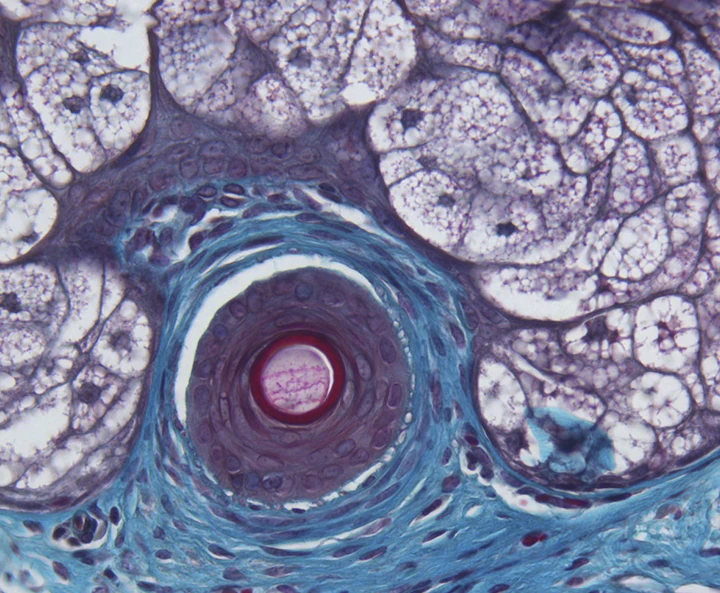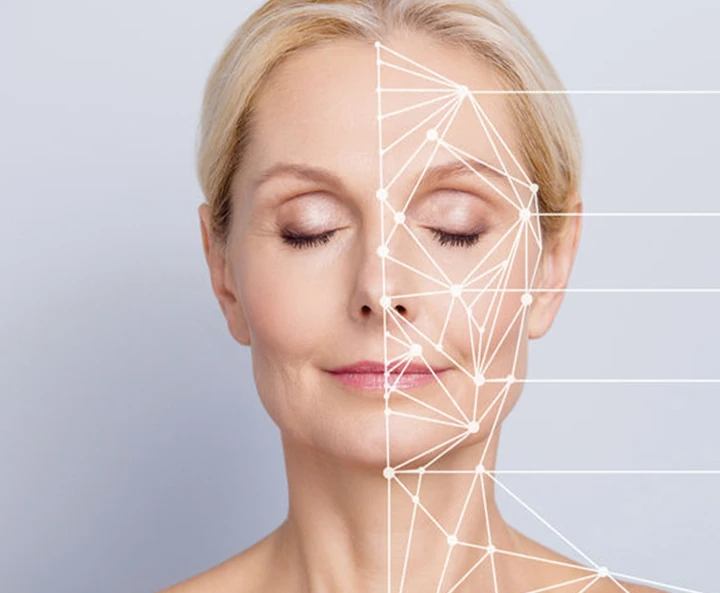
Over the last few decades, the progressive increase of the average age of the population has brought with it an increase in the prevalence of chronic and degenerative skin problems. In this sense, the field of regenerative dermatology has become a key discipline in the development of innovative technologies in biomedical material. The development of autologous therapies based on products taken from the patient's blood has had a resounding effect on the area of skin regeneration due, to a large extent, to its therapeutic potential and its profile in terms of biosafety.
Wounds that are difficult to cure are often associated with underlying and systemic pathologies and can lead to an ulcer becoming chronic. These wounds suffer from an unbalance in cellular and protein components that provoke poor regulation in the closure of the wound. Therapy with autologous proteins is a research field that seeks to accelerate the formation of healthy granulation tissue that is liked to a greater epithelialisation ratio and, therefore, reduces the hospitalisation period and the economic cost associated with the treatment.
Progressive ageing and deterioration of the skin is a multifactorial process due to intrinsic (age, eating habits) and extrinsic (exposure to ultraviolet light, pollution, toxic agents) causes. Characterised by the gradual decrease in the functional capacity of the tissue, causing physiological alterations that affect both cellular and structural components of the skin. In this regard, our research is developed in in vitro and ex vitro models. In this sense, using autologous proteins, we're seeking to counteract ageing of the skin promoting the synthesis of key components in the extracellular matrix, such as collagen or hyaluronic acid. Also, cell activity and viability are significantly increased which, in turn, improves hydration and the quality of the surrounding tissue.
Self-esteem and image play a key role in our social perception, personal interaction and psychosocial functioning. Gradual hair loss can lead to serious emotional disorders and significantly reduce patients' quality of life. Although some molecular mechanisms involved in capillary degeneration are known, the specific pathophysiological causes of alopecia remain unclear. In this sense, with this line of research, using autologous proteins, we seek not only to reactivate bulbar activity but also to improve the quality of the surrounding skin tissue, which is what nourishes and provides biomechanical support for the hair follicle.
